About Publications Library Archives
heritagepost.org

Preserving Revolutionary & Civil War History

Preserving Revolutionary & Civil War History
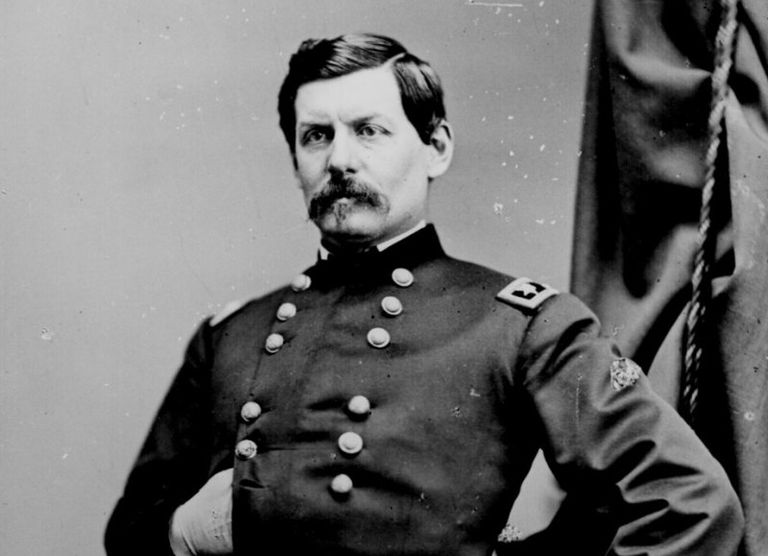
Author: Andrew Knox Date:1864 Annotation: A Union lieutenant in the 1st Connecticut Artillery offers his opinion of General George McClellan’s presidential campaign. Document: …Reinforcements are coming to this army daily so active times will soon be on hand. At present I have nothing to do but eat and sleep and go visiting when I…
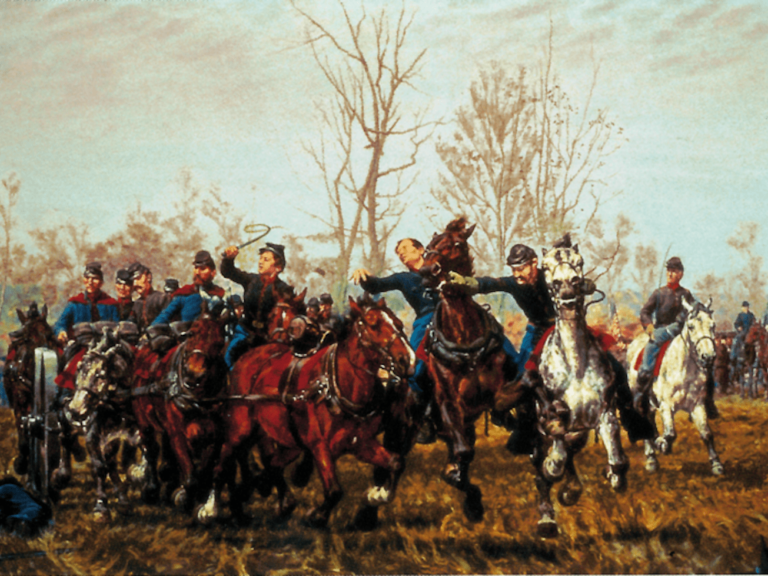
Author: National Union Free Convention Date:1864 Annotation: As their presidential nominee, the Democrats chose General George B. McClellan, who opposed the Emancipation Proclamation and who ran on a platform which condemned Lincoln for “four years of failure” and called for a negotiated end to the war. Some Radical Republicans also opposed Lincoln’s reelection. Lincoln…
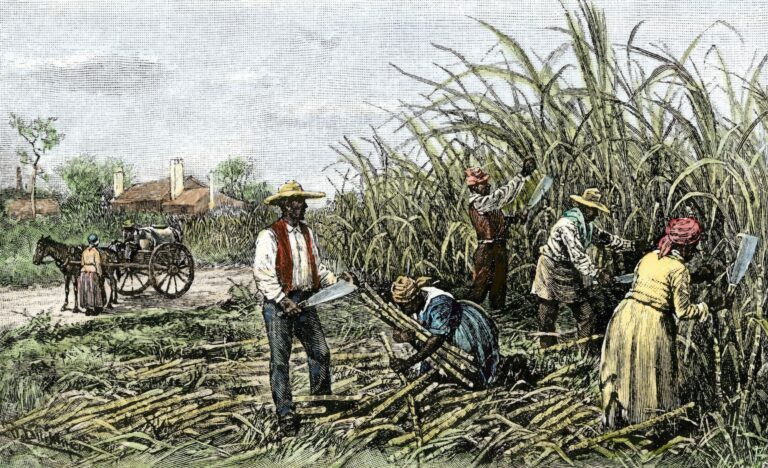
Author: Tobias Gibson Date:1864 Annotation: Slaves played a critical role in their own liberation. Southern slaves deserted plantations and fled to Union lines. Slaves also staged a few small insurrections during the war as the slave system itself began to unravel. Planters were stunned to see trusted house slaves and field drivers lead field…
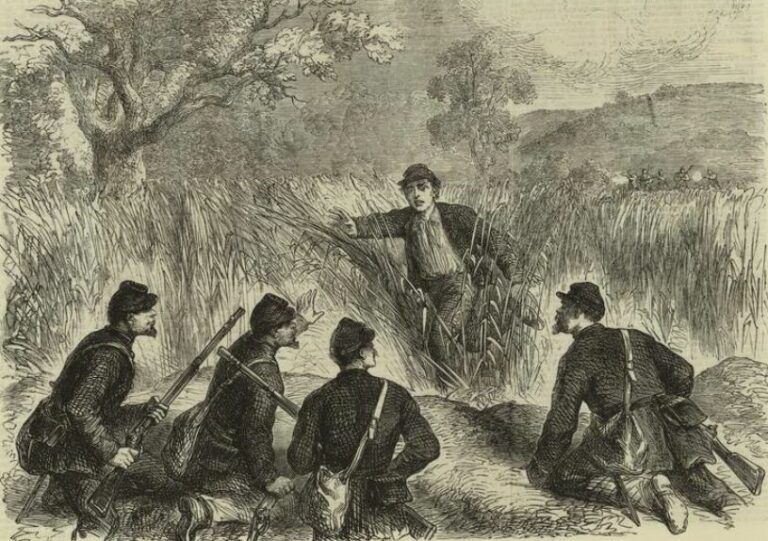
Author: Christian M. Epperly Date:1864 Annotation: Military desertions were treated harshly. A Confederate soldier describes the fate of men who tried to leave their companies and were recaptured. Document: I haven’t any news to write to you at this time, only the sad and awful Execution which taken place in our Brigade yesterday which…
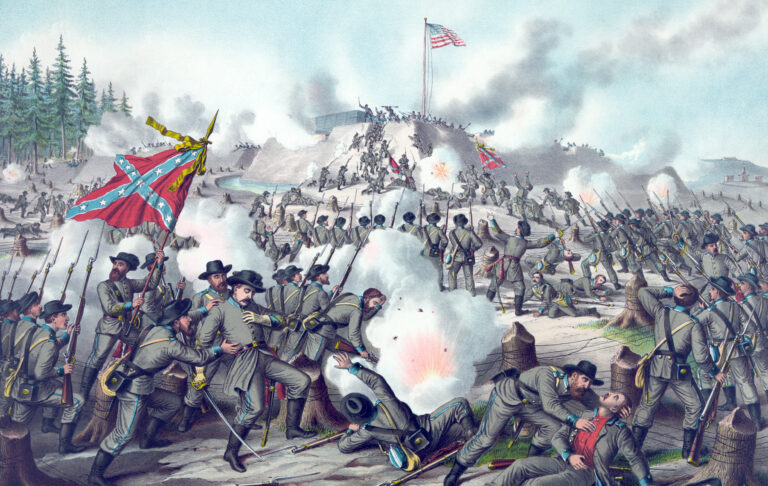
Author: Tobias Gibson Date:1864 Annotation: A supporter of the Confederacy criticizes the Union army of occupation. Document: I know you have reason to conclude that I have almost forgotten you, to judge by the infrequency of my letters to you, but nothing could be more erroneous than such an idea. When you knew how…
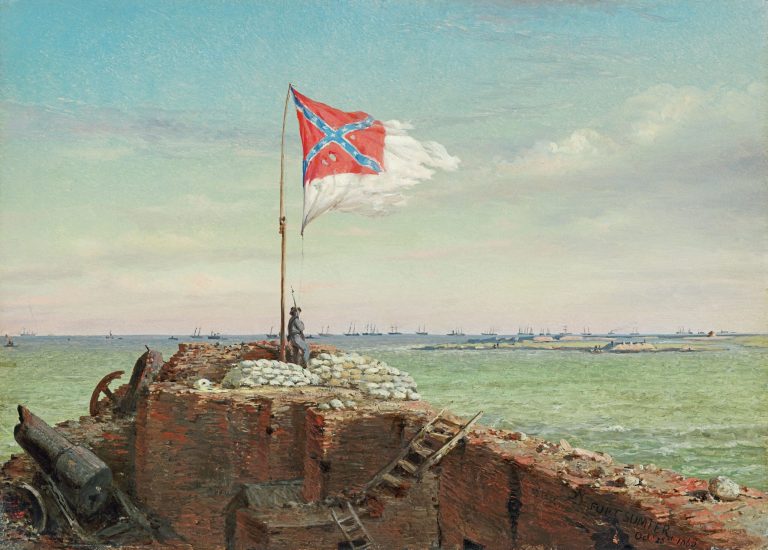
Author: John McKinley Gibson Date:1864 Annotation: Initially, Lincoln and his generals anticipated a conventional war in which Union soldiers would respect civilians’ property. Convinced that there was residual unionist support in the South, they expected to preserve the South’s economic base, including its factories and rail lines. But as the war dragged on, the…
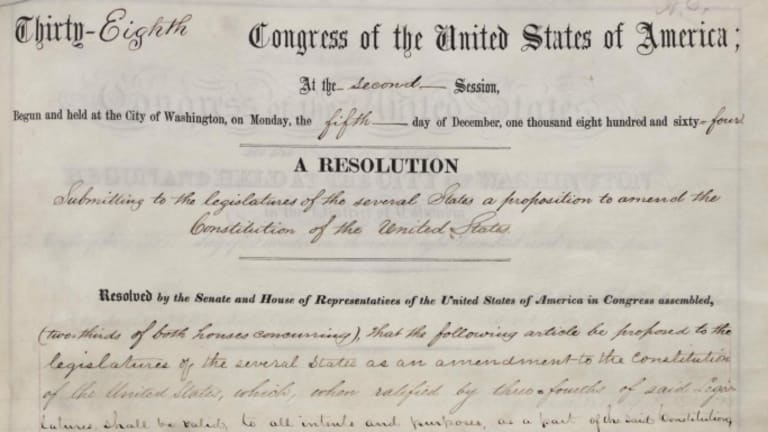
Author: Congress of the United States Date:1864 Annotation: The Emancipation Proclamation freed only those slaves in states still at war. As a wartime order, it could subsequently be reversed by presidential degree or congressional legislation. The permanent emancipation of all slaves therefore required a constitutional amendment. In April 1864, the Senate passed the Thirteenth…
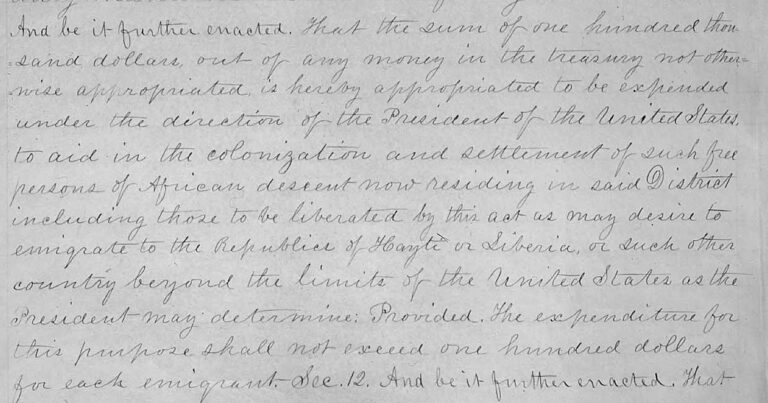
Author: Abraham Lincoln Date:1864 Annotation: For much of his political career, Lincoln, like his political idol Henry Clay, was an advocate of colonization, based on his belief that “the great mass of white people” would refuse to extend equal rights to African Americans. This assumption and prediction, Lincoln believed, “whether well or ill-founded, cannot…
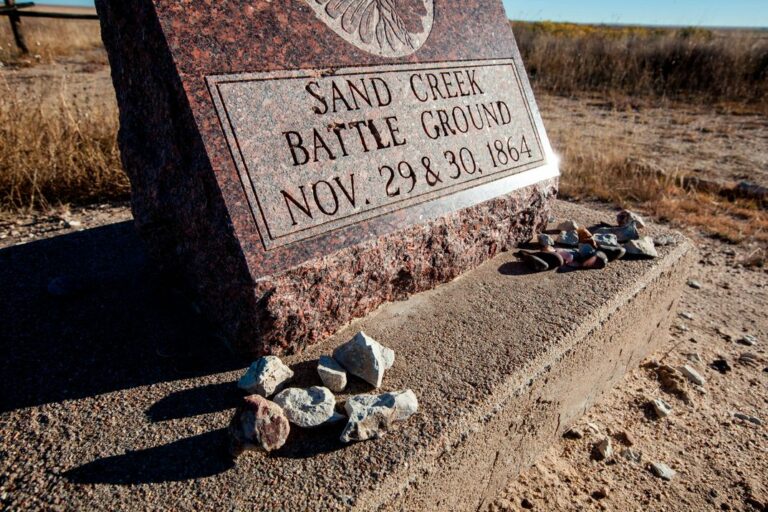
Date:1864 Annotation: Senator Ben Nighthorse Campbell of Colorado, the lone American Indian in Congress, called it “one of the most disgraceful moments in American history.” About 700 U.S. army volunteers stormed through an Indian encampment near Big Sandy Creek in Colorado, slaughtering scores of women and children. This episode became known as the Sand Creek…
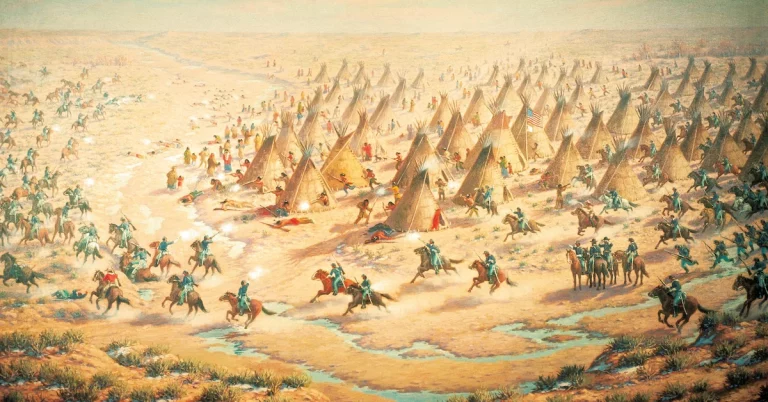
Author: Joint Committee on the Conduct of the War Date:1864 Annotation: A joint congressional committee conducted an investigation of the Sand Creek massacre and issued its report in 1864. This extract describes the events that occurred at Sand Creek. Document: In the summer of 1864 Governor Evans of Colorado Territory…sent notice to the various…